verizon
Latest

Verizon will provide free internet to students in Los Angeles
Verizon will provide free internet access to all students who need it in the Los Angeles Unified School District (LAUSD), the company announced today. This could help as many as 100,000 students continue to learn while schools are closed.

Verizon gives customers extra mobile data to deal with COVID-19
More cellular carriers are taking steps to ensure people can stay online during the COVID-19 pandemic. Verizon (Engadget's parent company) is giving consumer and small business customers an extra 15GB of LTE data speeds per month on their plans, with no action required. This applies regardless of the device you're using, and whether your service is a regular subscription or prepaid. It's not the completely unlimited access you might hope for, but it could help you stay online if you depend on your phone's data for work.

FCC gives Verizon extra mobile capacity to manage emergency demand
Earlier this week the FCC granted T-Mobile access to additional spectrum to cope with extra demand fuelled by the coronavirus outbreak -- now it's done the same for Verizon. The STA (special temporary authority) will allow the carrier to operate for 60 days in spectrum licensed to Northstar and SNR, in order to provide extra capacity to Verizon customers across the US.

How did we get to 5G? The history of mobile networks
Last time on our explainer show Upscaled, we took a look at 5G, the new high-speed mobile technology starting to roll out in 2020. But 5G isn't entirely new technology, it builds on the mobile networks already in place around the world. This has been the pattern for mobile networks, incremental upgrades that added more capacity and speed bit by bit. This approach has yielded incredible results; as much as we might gripe about coverage or speeds today, the first real cell networks could only support about a dozen calls per tower, had no data capacity, and used unencrypted analog signals that were easy to intercept.

FCC gives T-Mobile extra spectrum to cope with demand during coronavirus
T-Mobile pledged to keep people online during the coronavirus outbreak, and it's getting some help from the government to make that happen. The FCC is granting T-Mobile access to more 600MHz spectrum for the next 60 days to help it cope with customer demand for internet access while the pandemic continues. The carrier had asked for the additional airwaves for remote work, education and health care, not to mention the basics of staying in touch while isolated.
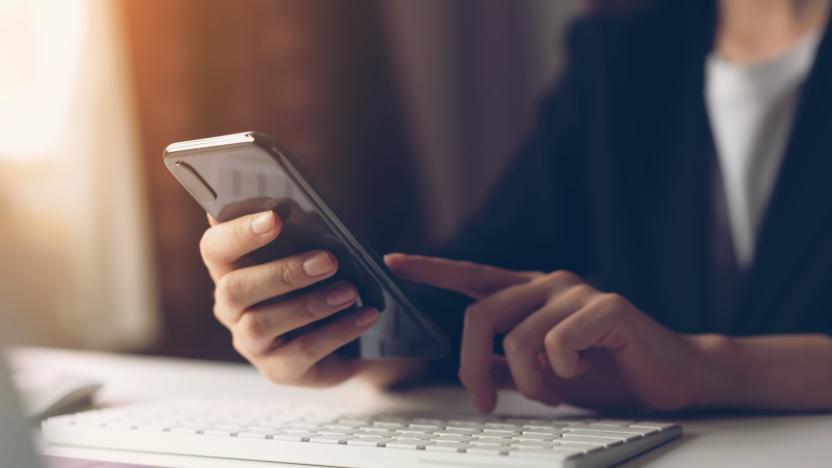
Sprint, T-Mobile pledge to keep subscribers connected amid outbreak
Like AT&T and Verizon, Sprint and T-Mobile have also vowed to support their customers in the midst of the COVID-19 pandemic. In an announcement posted on its website, Sprint said it won't be terminating service for residential and small business customers if they're unable to pay their bill because of the outbreak, ad it's waiving late fees "incurred because of economic circumstances related to the pandemic."
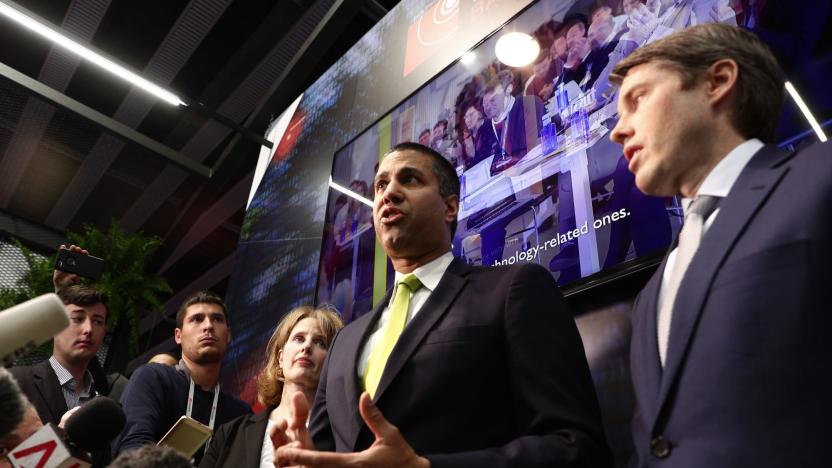
US wireless carriers pledge to suspend cancellations amid outbreak
One day after Commissioner Jessica Rosenworcel called on the FCC to take aggressive action in response to the ongoing coronavirus outbreak, the federal agency has announced the Keep Americans Connected Pledge. For the next 60 days, the agreement calls on telecom companies to maintain service and waive late fees for any residential and small business customers who can't pay their bills due to the pandemic. It also calls on those companies to open their WiFi hotspots.

AT&T and Comcast improve internet access in response to COVID-19
With so many people in the US working and learning from home, as offices and schools close in response to the coronavirus pandemic, internet service providers (ISPs) are beginning to react. Comcast is increasing internet speeds for low-income users, and AT&T told Motherboard that it is suspending all broadband usage caps until further notice.
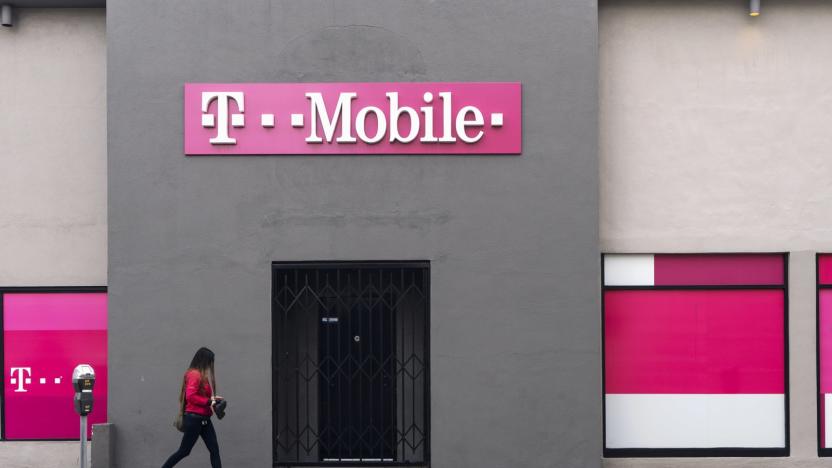
California ends opposition to T-Mobile and Sprint merger
New York isn't the only big state dropping its fight against T-Mobile's merger with Sprint. California Attorney General Xavier Becerra has dropped the state's challenge against the merger after reaching a settlement that theoretically addresses objections to the carrier buyout. The expanded T-Mobile will have to guarantee affordable plans in California for a minimum of five years, including a plan with 2GB of data for $25 per month. The network will also have to hold to plans from February 2019 for five years (two year longer than the FCC asked for) and give 10 million low-income households access to 100GB of free broadband per year, including a free mobile hotspot.

Yahoo launches its own unlimited data plan for $40 a month
Yahoo was a bastion of the early days of mainstream internet, but is it really relevant anymore? It's no secret that its popularity has waned in recent times, so in what is presumably a bid to bring itself back to the fore, it's branching out to the mobile business. Yahoo Mobile will tout unlimited texts, calls and 4G data, all for the flat fee of $40 a month.
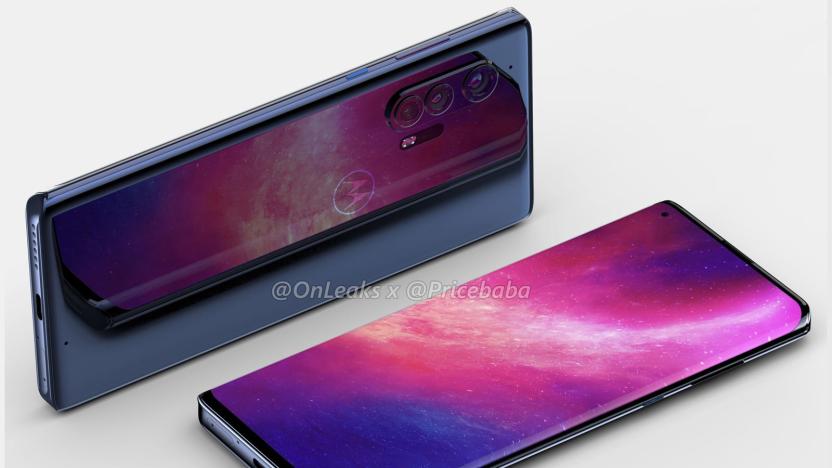
Motorola's first high-end phone in years may have a 'bezel-free' display
Motorola hasn't really produced a flagship-quality phone since the Moto Z3, but it might make up for lost time with a device that ticks the latest checkboxes. Onleaks and Pricebaba have shared renders of what they say is the Motorola Edge+, a 6.7-inch phone with high-end if familiar specs. Most notably, it'd revolve around a "bezel-free" (on the sides, at least) curved screen reminiscent of the Huawei Mate 30's waterfall display, albeit with a smoother 90Hz refresh rate. If the imagery is accurate, the Edge+ would also have an incredible small hole-punch camera. We can't imagine such a small sensor taking great photos, but it would be less disruptive than the camera cutouts on other devices.
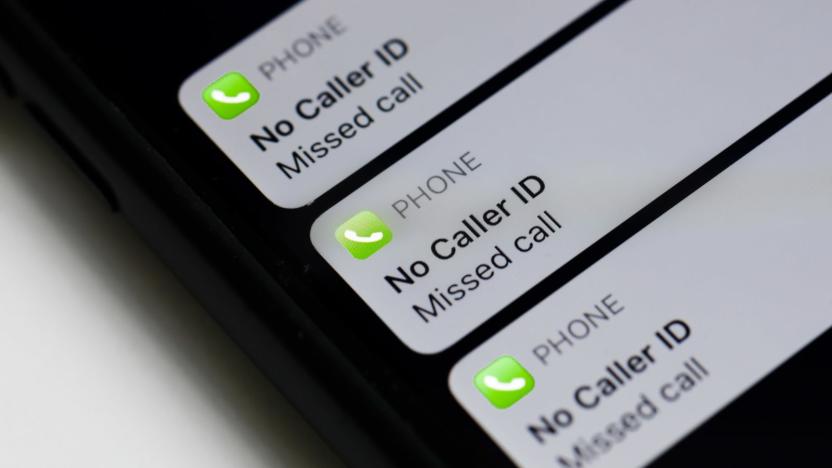
FCC could require phone companies to authenticate calls
Today, FCC Chairman Ajit Pai proposed new rules that would require phone companies to adopt the STIR/SHAKEN protocol, an increasingly popular method for caller ID authentication. The rules are meant to combat robocalls, specifically those that spoof phone numbers, and the FCC is expected to vote on them later this month.

Walmart and Verizon may turn stores into 5G hubs
It might not be long before your 5G phone is helpful during your next shopping trip. Wall Street Journal sources say Walmart and Verizon (Engadget's parent company) are in talks to equip stores with 5G service, starting with a pair of stores this year. The faster wireless data would help Walmart launch digital health services that it only recently started exploring, such as video chats with doctors and real-time medical data. It could also share your medical data with the clinic to auto-register when you arrive at the store and tell staff to restock any products you pick up during your stay.
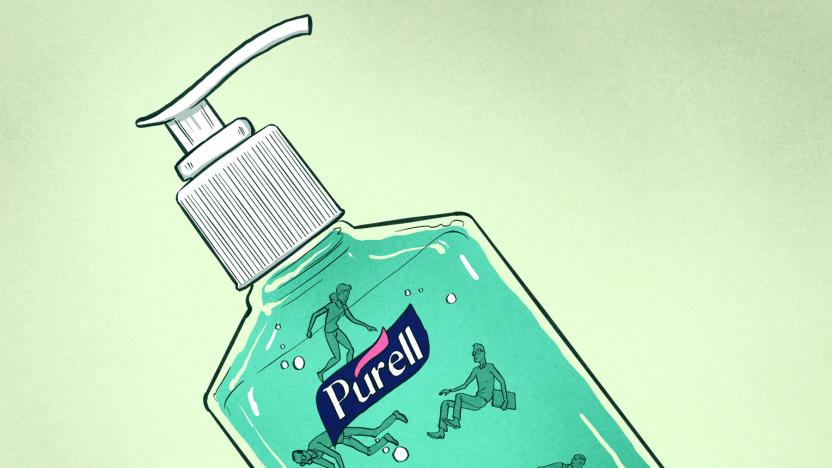
Coronavirus bursts Big Tech’s bubble
Virus enthusiasts from all over the world converged in San Francisco this week for America's largest security event: RSA Conference 2020. Before it began, fourteen companies withdrew from RSAC over concerns about the impending Coronavirus (COVID-19) pandemic. On opening day, organizers sent a message through the conference app asking attendees to stop greeting each other with handshakes.
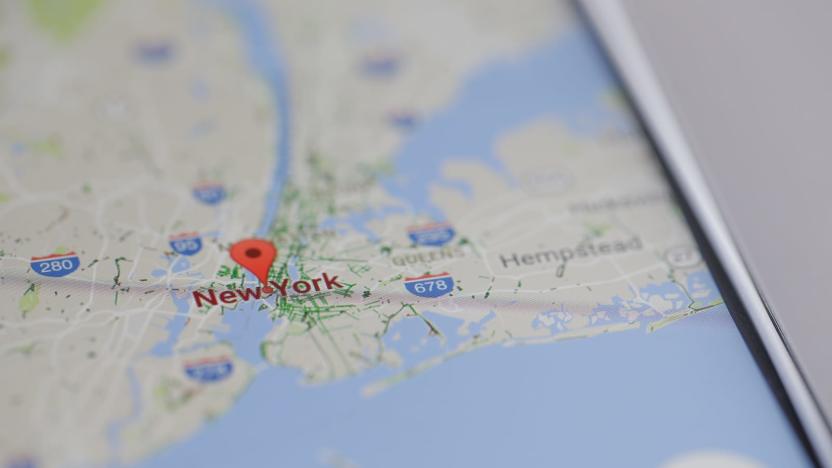
FCC proposes token fines for carriers that sold phone location data
The rumors were true: the FCC wants to fine major carriers for their approach to selling phone location data. The regulator has proposed a total of $208 million in fines against the top four US carriers for reportedly selling access to location info without "reasonable measures" to prevent unauthorized access. T-Mobile would face the (relatively) stiffest penalty with over $91 million, while AT&T could be fined over $57 million. Verizon (Engadget's parent company) could be hit with a roughly $48 million fine, while Sprint would 'only' have to contend with a $12 million fine.
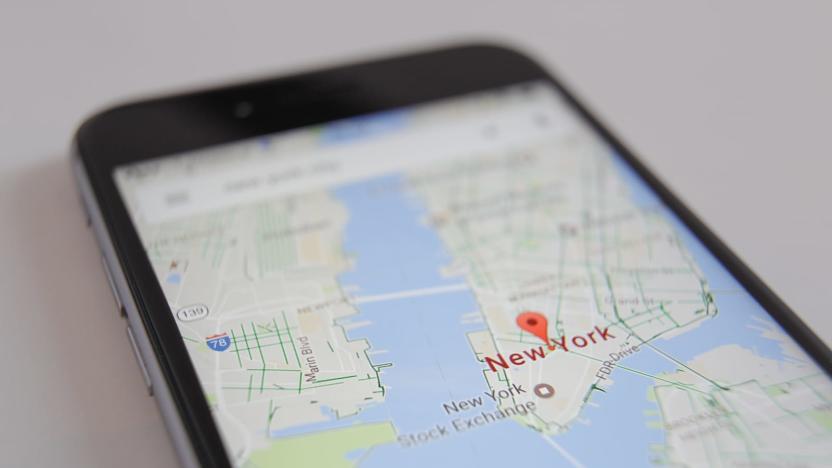
FCC may fine carriers for failing to protect phone location data
The FCC has warned phone carriers that they broke the law by selling location data, and it might soon make those companies pay the price. Wall Street Journal sources say the FCC hopes to levy "hundreds of millions of dollars" against AT&T, Sprint, T-Mobile and Verizon (Engadget's parent company) after determining that they failed to protect real-time location info. The regulator reportedly sent notices of liability that, while not final, indicate that a penalty is on the way.

How exactly does 5G work?
We've been hearing about 5G for ages, and 2020 is the year it'll finally become a reality for some people. Until this point there have been a few sparse 5G networks available in cities, but with only a handful of phones supporting 5G, even if you lived in an area with coverage odds are you couldn't connect. That's all set to change with a host of new 5G phones expected to be announced through 2020, and providers all around the world starting to switch on additional 5G towers. Even so, it's hard to know what to expect from 5G. Depending on your provider and your network, you may get blazing fast speeds but only in certain places, a bump in reliability without much speed, or anything in between. It turns out 5G isn't really one thing, it's a collection of technology and new frequency bands, and different carriers are focusing on different aspects of the network.
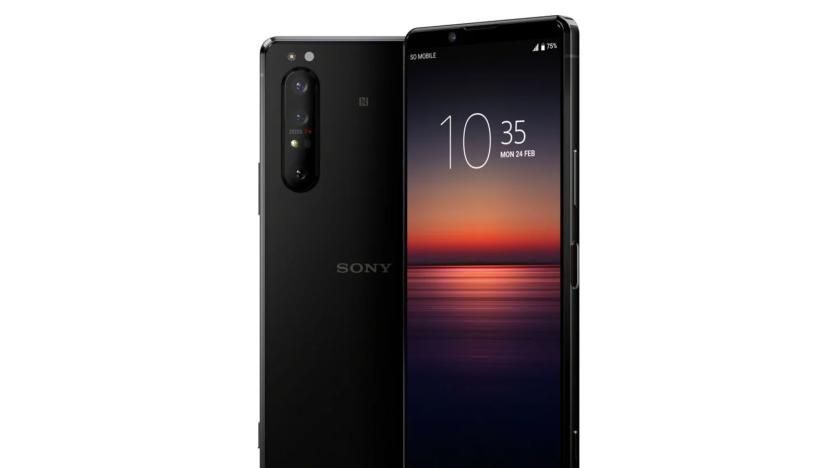
Sony’s first 5G smartphone is the Xperia 1 II
Sony's big MWC shindig may have been cancelled over virus fears, but the company still has a bunch of new phones to show off. The first, and most notable, is the Xperia 1 II -- dubbed the Xperia 1 Mark II -- which made its debut on the company's not-MWC livestream today. The new flagship is packing a 21:9 6.5-inch 4K OLED HDR display, Dolby Atmos and, most importantly, a 5G modem.

Judge dismisses Huawei lawsuit against 'unconstitutional' federal ban
In 2018 the US government banned government personnel from using Huawei and ZTE devices, and a few months later, Huawei sued on the basis that such restrictions were unconstitutional. Since then, Huawei's situation and ability to do business in the US has continued to deteriorate, and now a judge has ruled against the company. U.S. District Court judge Amos Mazzant decided that Congress does have the power to ban federal agencies from using certain companies. According to the Wall Street Journal, in the 57-page ruling he wrote "Contracting with the federal government is a privilege, not a constitutionally guaranteed right—at least not as far as this court is aware." Huawei is apparently considering its legal options, and said in a statement that "the approach taken by the US Government in the 2019 NDAA provides a false sense of protection while undermining Huawei's constitutional rights." A few days ago Huawei accused the US DOJ of "political persecution," coming as it faces charges for allegedly stealing trade secrets, claims it can access carrier backdoors and even a patent lawsuit against (owner of Engadget's parent company) Verizon.
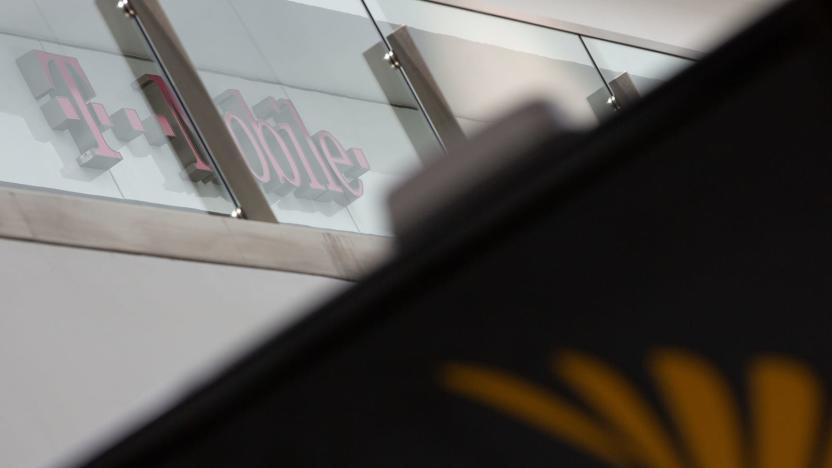
New York AG won't keep fighting T-Mobile merger with Sprint
Now that a federal judge has removed one of the few remaining obstacles to T-Mobile's merger with Sprint, resistance to the move appears to be fading. New York Attorney General Letitia James has signalled that the state won't appeal the ruling declaring the carrier merger lawful. Instead, New York will make the best of the merger if (and more likely when) it's finalized, including efforts to get the "best pricing and service possible," boost coverage and create jobs like those T-Mobile as promised for Rochester.







